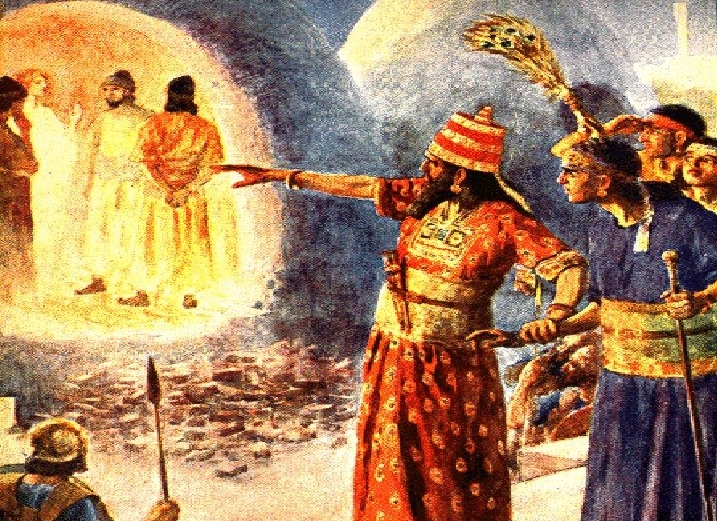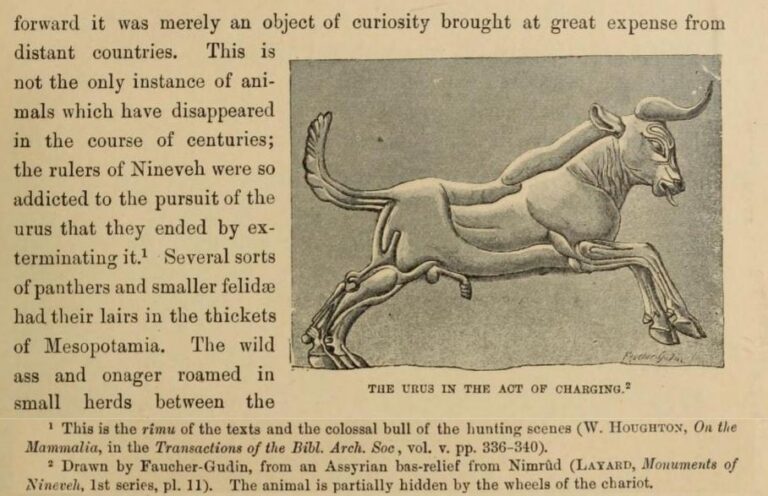“Forty years” or “Four years” in 2 Samuel 15:7?
“And it came to pass after forty years, that Absalom said unto the king, I pray thee, let me go and pay my vow, which I have vowed unto the LORD, in Hebron.” (2 Samuel 15:7, KJV) The KJV follows the Masoretic text in 2 Samuel 15:7 which says “forty years”. Many critics quickly dismiss … Read more




